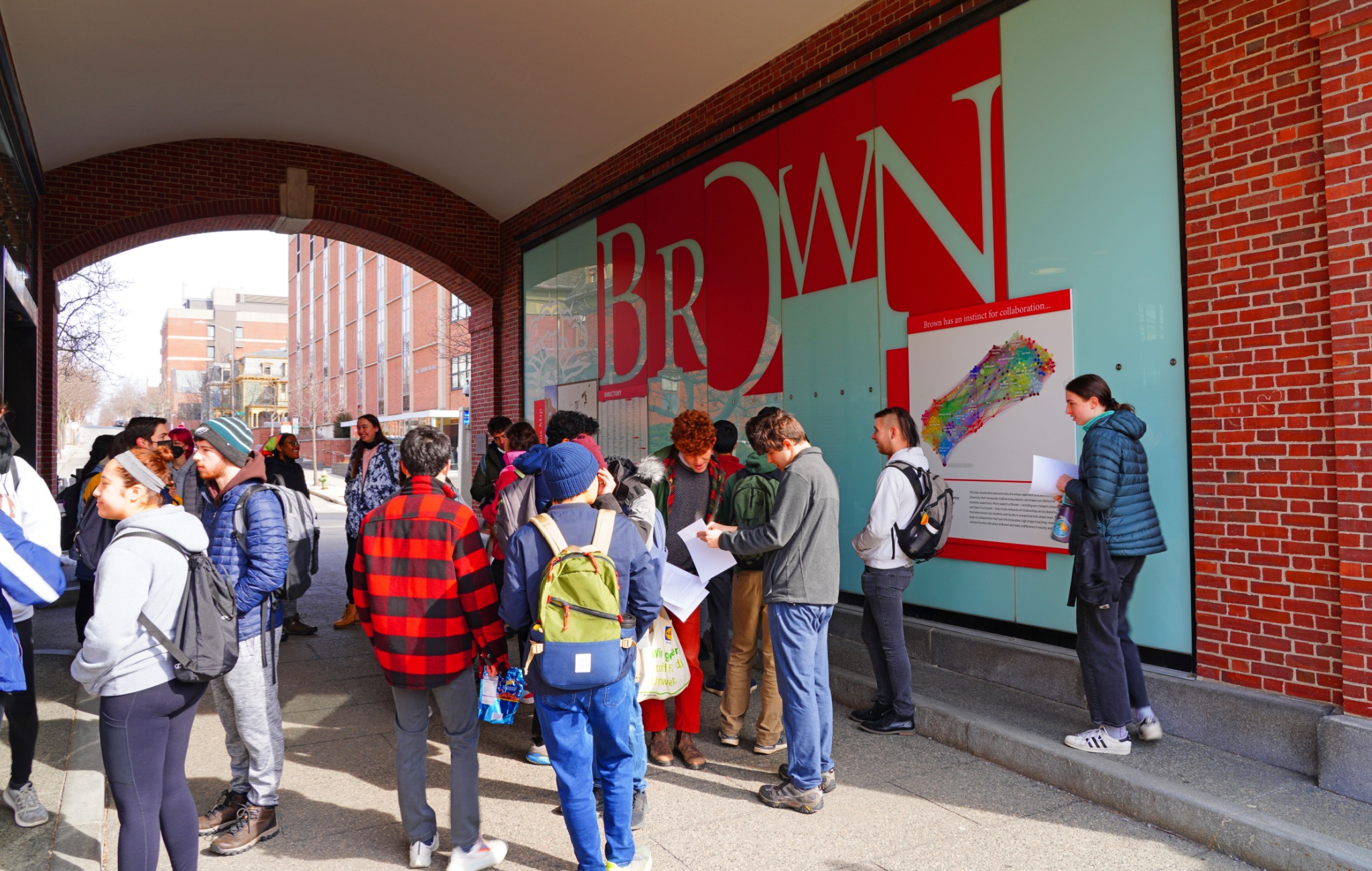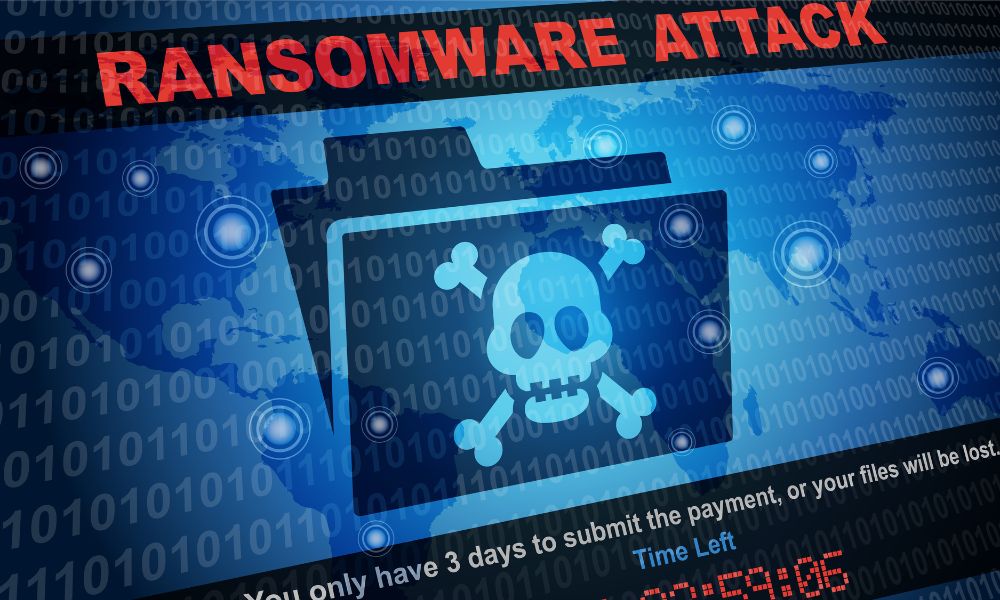When you’re launching a business, there’s a lot on your plate all at once. You might not have the funds to hire a big staff right away, and you might be putting a lot of your effort into marketing, making sure your website is up and running, and trying to make your official launch as smooth as possible.
But, if you haven’t already considered adding events to your startup strategy, you could be missing out. Hosting events, whether it’s an open house, a launch party or a soft opening, is a fantastic way to attract your target audience, foster interest, and show people what your brand is really about.
It’s not enough to send out a few digital invites and throw some cheese and crackers on a plate. The goals of your startup’s events should be to attract and engage attendees effectively, create meaningful connections, leverage networking opportunities, and collect and use data to gain insights on how to enhance growth and success.
Need some help for your small biz? Check out Verizon Small Business Digital Ready
How to Attract Attendees
When you’re the new kid on the block, it can feel a little intimidating to throw an event. No one knows who you are, and no matter how great your marketing efforts have been up to this point, there’s no guarantee that you’ll attract the number of people you really want.
So, how can you boost your chances of not only attracting attendees but engaging them while they’re at your event?
Proper promotion is key. Some of the best ways to promote any type of event for your business include:
- Creating effective content marketing
- Utilizing social media
- Using professional imagery
- Networking at similar events
It’s also important to plan ahead as much as possible so you can consider your audience. Things like choosing the right venue and planning the right activities can make a difference in whether people want to attend and how involved they’ll be once they arrive.
Don’t be afraid to think outside of the box when it comes to engagement. Consider making the event interactive somehow by incorporating games or quizzes. Come up with creative ideas that keep people’s interest, and use technology to your advantage to live-tweet during the event, or post videos on social media platforms. Not only will the people who are there join the fun and create user-generated content, but those who didn’t make it will see what they’re missing out on, and can start to “join” digitally while considering coming to future events.
Making Meaningful Connections
The more engaging your event is, the easier it will be to make meaningful connections and network with the right people. Yes, you should use your startup’s events as networking opportunities. You never know who might show up that can help you learn and grow, especially if you’re launching a business for the first time with no prior experience.
Making connections starts before the event begins. Consider your goals. Who do you want to meet and how do you want to connect with those people? Are you more interested in targeting potential customers and teaching them about your brand or connecting with those who can help you learn more about the industry?
Be prepared to interact with everyone. Have business cards and information available throughout your location, and consider making the event more personal by offering “swag” to your attendees. Things like gift bags, some of your products, or even practical items like mugs can be a great way to get people to remember the event and your brand.
Be sure to make a powerful introduction, but be authentic with everyone you meet throughout the event. While you want to inform as many people as possible about your brand, you should also be prepared to listen. Today’s consumers want to develop connections with the brands they trust, and when you have the opportunity to meet with your audience in person, you can form relationships that lead to loyalty.
It’s also a good rule of thumb to keep those connections going after the event is over. Post on social media or send follow-up emails to your attendees thanking them for coming and promoting future events. People want to feel seen, heard, and valued by the businesses they trust, and something as simple as an email or Instagram post can leave a bigger impact than you might realize.
Enter Now to Win FREE Dell and Logitech Equipment. No Purchase Necessary!
Using Data to Your Advantage
While your event shouldn’t solely be an excuse to collect information from people, it’s an amazing opportunity to gain insight and data from your guests – and a sample of your target audience. Consider your event to be a way to get valuable information from those who are interested in what you have to offer. Things like contact information, demographics, and purchasing intent are all great examples of quality data that can help your business grow.
You can collect data casually at your event by offering things like surveys, quizzes, and feedback cards. When you analyze that data once the event is over, you’ll be able to make effective changes. Today, it’s easy to create surveys in a matter of minutes that are specific to the needs of your business, and most people are all too willing to offer their opinions and feedback.
When you have accurate data at your fingertips, you’ll not only learn how to improve your business from the start, but you’ll have a better chance of boosting your profits faster. Data accuracy allows you to meet and potentially exceed customer expectations while keeping your finger on the pulse of a changing industry.
You don’t have to spend a lot of money or time on putting together a stellar startup event. When your goal is to showcase who you are as a brand and truly connect with your audience, authenticity should be at the core of everything you do. Don’t go overboard simply to appear bigger and better. People will recognize when you’re being genuine, and if you’re truly passionate about what you’re doing, they’re likely to join you in that excitement and eventually become brand ambassadors.
Use your startup’s events to learn, grow, and make necessary changes. Most importantly, don’t be afraid to have fun. Events are important for networking and growth, but they’re also an opportunity to enjoy the fruits of your labor and to be proud of yourself and what you’ve achieved with your business so far.




.jpeg&h=630&w=1200&q=100&v=a905e78df5&c=1)



































